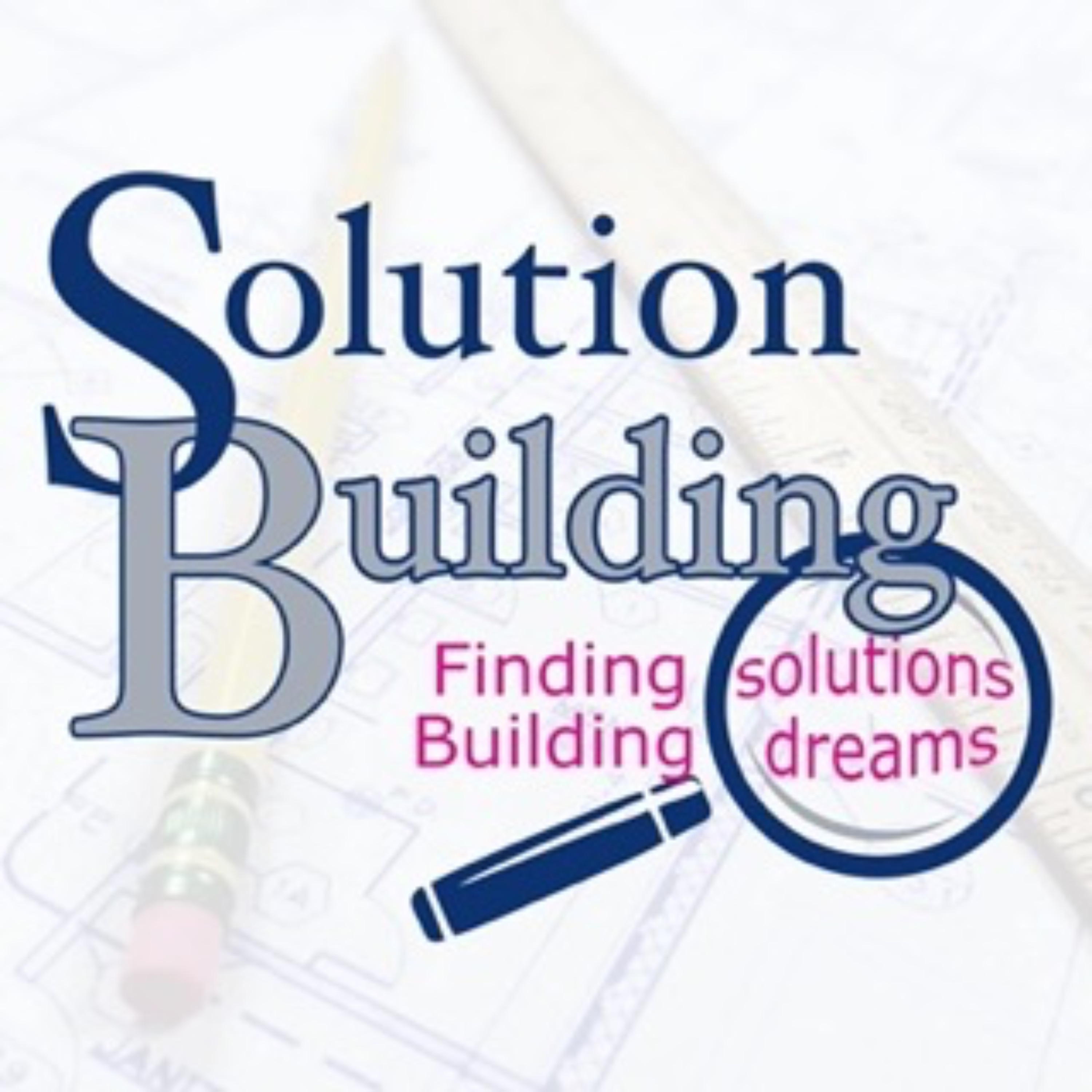Episode Transcript
How To Build a Better Proposal
One of The Foundational Building Blocks of a Successful Company
Small and medium size construction companies struggle with preparing detailed and arcuate proposals. This problem isn’t restricted only to small companies. It begins there, but only gets worse until they either get big enough to absorb the costs of guessing at project costs or give up trying and quit.
When I started doing construction forty plus years ago, I had no clue how to prepare proposals and like every other small construction company…I guessed. I used a common method called, trial and error. Doing proposals this way is a real crap shoot and doesn’t leave much room for mistakes.
Preparing accurate proposals that communicate clearly doesn’t have to be a roll of the dice.
Early on I began working on a proposal system that worked for me. It has gone through years of experimenting and tweaking to become what it is now. Over the last fifteen or twenty years I’ve been asked multiple times by other contractors who saw my proposals how I did them. I just assumed that everybody else was doing something similar.
Several years ago, it hit me that this wasn’t the case after being hired by other contractors to do proposals for them. This is when it became apparent that there was a real need for a proposal system. I kept pushing this down the road until God hit me upside the head with a board (link to previous post) and pointed out that my system could help other contractors.
I’ve been busy with construction projects and life in general and continued to procrastinate developing a system that other companies could use. Earlier this year I decided I better get to work on this before I get hit in the head again.
I’m happy to announce that we are currently in the final stages of preparing a proposal system that will be made available for other contractors to use. It’s currently being tested by independent contractors. We are rebuilding the Solution Building website to allow for downloading the proposal documents. It’s not just for general contractors either, it will work for any of the construction trades.
This proposal system will include templates for:
Bid sheet – A Word document with all the construction sections and individual items already listed out with space for filling out the scope of the work to be done, dimensions, materials, locations, etc., as needed for communication.
Worksheet – An Excel spreadsheet with all the construction sections and individual items already listed out with optional overhead and profit markups inserted in the appropriate cells.
Estimate – A word document with spaces to fill in the pertinent information, i.e. customer’s information, what will or will not be supplied by the contractor, the scope of work, the estimated price for each specific element and a total estimated price.
Proposal – A word document with spaces to fill in the pertinent information, i.e. customer’s information, what will or will not be supplied by the contractor, the scope of work, the proposed price for each specific element, a total project price, payment arrangements and project duration.
Contract – A word document with spaces to fill in the pertinent information, i.e. customer’s information, list of referenced documents, construction funding information, property specifics, project start date and legal terms and conditions.
Proposal-Contract - A word document that is a combination of a proposal / contract in one.
It also will include a data base for material and labor costs:
Data Base – An Excel spreadsheet with prices for material and labor for a wide variety of specific construction tasks. This information will be copied and pasted to a blank worksheet.
Clear communication between contactor and customer is difficult, especially when there isn’t any. Last week I wrote about the importance of communicating clearly through proposals and reasons contractors avoid doing them.
Next week I will break down the proposal process even more.


